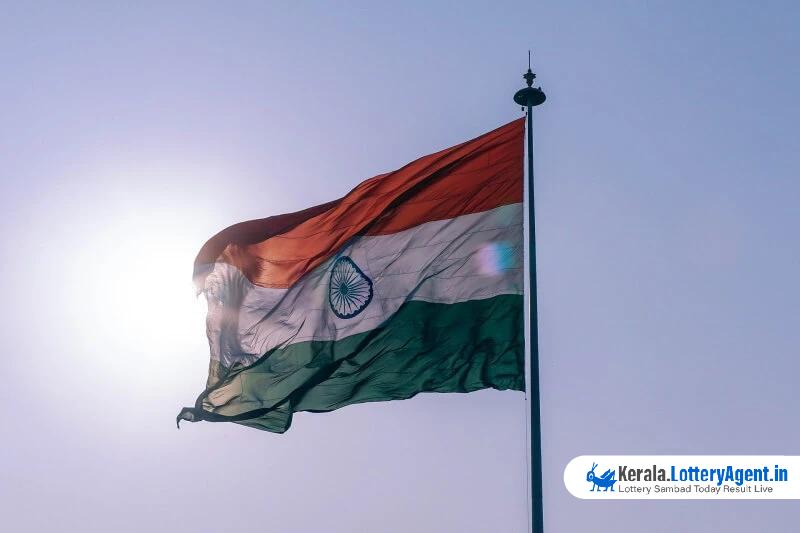
Indian gaming stakeholders, who long hoped for a tax respite, found themselves in a state of continued uncertainty after the GST Council meeting on Saturday, June 22. They anticipated a reconsideration of the controversial 28% tax levied on online gambling, casino, and horse race betting. Yet, despite thorough reviews on various sectors’ rates and regulations at the meeting, the Council confirmed that the gaming tax “wasn’t up for discussion,” according to Finance Minister Nirmala Sitharaman.
This tax, announced last July, and applied to the full-face value of bets instead of gross gaming revenue, has become a major concern for industry operators. The tax is turnover-based, marking a departure from conventional models that tax the net revenue generated by platforms. Economists warn that the enhanced tax burden could inevitably trickle down to the players, thereby hurting both operators and consumers.
“There is no clarity or relief regarding the imposition of tax on the entire transaction value rather than just the income of the platform. The heavy taxation is likely to be passed on to the players,” said Dr. Aruna Sharma, an economist and former Indian government official, while speaking to iGaming Business. She suggested that the Supreme Court might provide a possible solution by imposing GST solely on the platform’s earnings rather than the entire transaction value for real money games.
In a bid to address grievances in the gaming sector, the Supreme Court announced last month that it would hear multiple petitions from operators contesting the retrospective demands of the 28% turnover tax. Introduced in October 2023, the tax regime left many operators under the impression that a review would follow at the six-month mark.
A notable development from the Saturday meeting came in the form of Section 11A, a new clause that if passed by India’s Parliament, could offer much-needed relief to companies in different sectors facing retrospective tax demands. This clause enables the waiver of retrospective tax dues due to ambiguities, benefiting both the State and the Centre, and allows for the waiver of penalties and interest on these dues.
“The good news is that the tax rationalisation Group of Ministers committee has been reconstituted and may review the tax on online gaming,” Dr. Sharma added. She expressed optimism about the clause in Section 11A, which she believes could lead to a fairer outcome for the industry.
.
However, for now, the 28% flat tax rate continues to cast a long shadow over the gaming industry. Manish Mishra, Partner at JSA Advocates and Solicitors, described the absence of discussions on online gaming as a “major disappointment.” Murmurs of dissatisfaction were echoed by Rajat Bose, partner at Shardul Amarchand Mangaldas & Co Advocates & Solicitors, who highlighted the broader concerns of the industry to iGB.
“The online gaming industry was eagerly looking forward to the GST Council meeting in the hope that their concerns will be addressed by the Council,” he said. “However, their issues could not find a place in the agenda. The industry will have to wait until the next meeting to see some kind of clarity on the tax structure especially on retrospective application.”
The uncertainty is compounded by the lack of assurance on when the GST Council will table these concerns. Sitharaman mentioned that time constraints during the Saturday meeting prevented a range of items from being discussed, adding that these would be addressed in a forthcoming meeting, likely to be held before the end of August. However, she reiterated that the gaming tax “was not on the agenda” for the recent meeting, leaving stakeholders in prolonged anticipation.
The challenges faced by operators are underscored by a joint report from Ernst & Young and the US-India Strategic Partnership Forum. The report reveals that the Indian gaming sector has attracted $2.6 billion in foreign direct investment since 2019, but the flow of capital ceased as soon as the new tax regime was introduced. The report also notes that some companies experienced a complete withdrawal of global marquee investors at the onset of the new GST regime.
Illustrating the adverse impact, Super Group, which owns the sportsbook brand Betway and online casino brand Spin, exited the Indian market last October following the tax changes. This marked the second major regulatory shift for India’s online gambling market in 2023, following new government rules published in January to regulate the sector.
As the industry waits with bated breath, the gaming community remains in a state of flux, grappling with high taxes and regulatory uncertainty. The forthcoming meetings and potential legislative changes will be critical in determining the future landscape of the Indian gaming industry.












